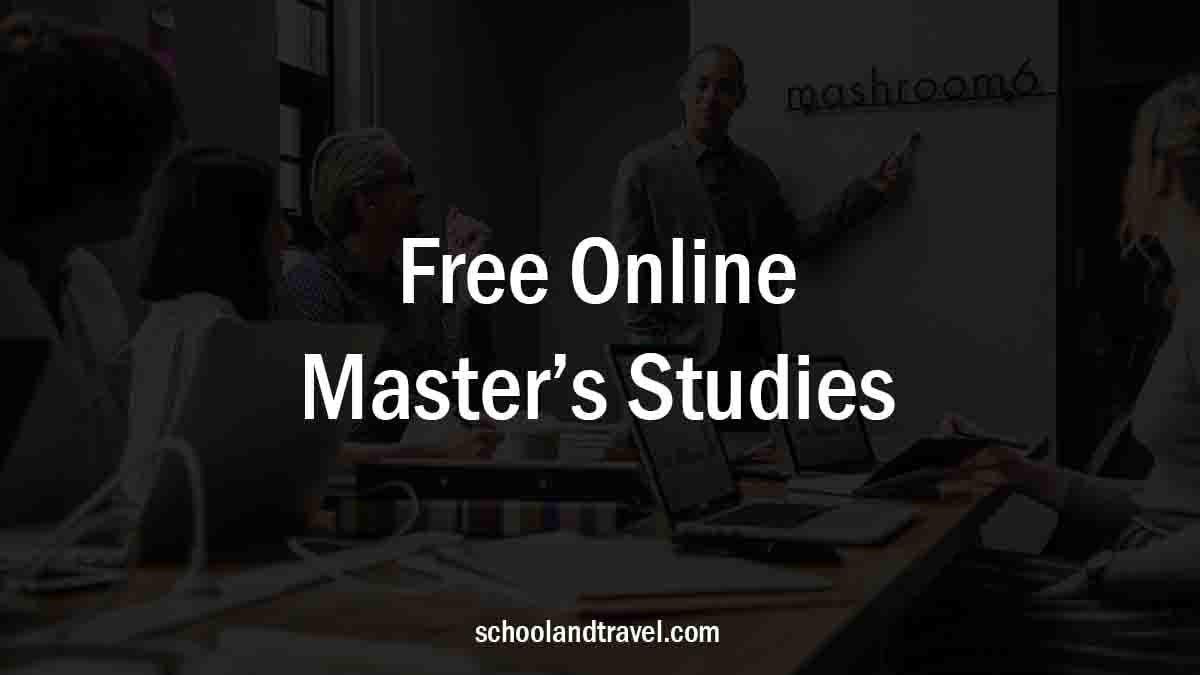To get ready for a job interview as a career counselor, you need to think about the questions that will be asked about your skills, experience, and how you plan to help people with their careers.
Employers will likely ask you about the ways you advise clients, how you stay up to date on job market trends, how you’ve worked with people from different backgrounds, and how you help clients at different stages of their career development.
A successful interview will show that you can give clients the information they need to make smart career choices, deal with problems that come up during the job search, and reach their professional goals.
Who is a Career Counselor?
A career counselor is someone who gives advice and guidance to people about their careers.
They help individuals understand their talents and interests, explore different job options, and decide on education and training paths.
Career counselors also assist with job search strategies, resume writing, and interview preparation.
They work with people at various stages of their careers, from students making initial career choices to adults considering career changes or seeking advancement.
What Does A Career Counselor Career-Based Session Look Like?
In an interview with a career counselor, you and the counselor will talk one-on-one and the counselor will ask you questions to learn more about your goals, skills, and hobbies.
They figure out what you need in a career, help you choose a path, and give you advice on how to look for a job or go to school.
The session is supportive, private, and designed to give you the tools to make smart job choices.
On the other hand, the career counselor may use tests to find out your strengths and preferences, talk about possible careers, and help you make a personalized action plan during the session.
They give you information and tools to help you look into jobs, improve your resume, and practice interview skills.
The goal is for you to feel more confident about your job path and the next steps you need to take.
Career Counselor Interview Questions
These responses aim to provide a general idea of what might be expected but should be tailored based on personal experience and qualifications.
| Question | Possible Answer |
|---|---|
| 1. Why did you choose to become a career counselor? | I wanted to help people find careers they love and navigate challenges in their job search. |
| 2. How do you stay updated with job market trends? | I read industry news, attend webinars, and participate in professional development workshops. |
| 3. Can you describe your approach to helping clients who are unsure of their career path? | I start by exploring their interests and strengths, then guide them through different career options that match. |
| 4. How do you handle clients with unrealistic career expectations? | I provide clear information about job markets and help them set achievable goals, while encouraging exploration of similar fields. |
| 5. Describe a successful outcome with a client. | One client was struggling to find a job. We improved their resume and interview skills, leading to a job offer in their desired field. |
| 6. How do you manage a client resistant to change? | I listen to their concerns, build trust, and gradually introduce new ideas and small steps towards change. |
| 7. What strategies do you use to help clients with job search? | I teach effective job search techniques, like networking and customizing applications, and we practice interview skills. |
| 8. How do you assist clients in career transition? | I help them identify transferable skills, explore new industries, and create a plan to gain any needed qualifications. |
| 9. What’s your experience with resume and cover letter preparation? | I’ve helped numerous clients tailor their resumes and cover letters to highlight their skills and fit for specific jobs. |
| 10. How do you support clients facing job loss? | I offer emotional support, practical job search strategies, and advice on upskilling or reskilling if necessary. |
| 11. Describe a challenging case you managed and how you handled it. | A client was frequently changing careers. We worked on identifying their core interests and skills, leading to a more satisfying career choice. |
| 12. How do you measure your success as a career counselor? | Success is seeing clients achieve their career goals, whether that’s finding a new job, advancing in their career, or gaining clarity on their path. |
| 13. How do you handle confidentiality in your work? | I ensure all client conversations and records are kept private, following ethical guidelines and respecting their trust. |
| 14. Can you give an example of how you have used technology in your counseling sessions? | I’ve used online assessment tools to help clients understand their personality and career fit, and virtual platforms for remote sessions. |
| 15. How do you develop a rapport with new clients? | I listen actively, show empathy, and express genuine interest in their career aspirations and challenges. |
| 16. What’s your approach to ongoing professional development? | I regularly attend industry conferences, participate in training sessions, and read current literature on career development. |
| 17. How do you tailor your counseling approach to different clients? | I consider each client’s unique background, preferences, and goals, adjusting my methods to best support their individual needs. |
| 18. What techniques do you use to help clients overcome barriers to employment? | We identify the barriers together, then work on strategies like enhancing skills, improving self-presentation, and exploring alternative career paths. |
| 19. How do you guide clients in making career decisions? | I help them gather information, weigh options, and consider the pros and cons, supporting them in making informed choices. |
| 20. How do you manage your time and prioritize tasks? | I organize my schedule to balance client sessions, administrative tasks, and professional development, prioritizing based on urgency and impact. |
| 21. Describe how you would work with a client who has diverse needs. | I ensure an inclusive approach, being mindful of their cultural, social, and personal circumstances, adapting my services to meet their specific needs. |
| 22. How do you encourage clients to explore new career opportunities? | I highlight the benefits of learning and growth, share success stories, and provide resources for exploration. |
| 23. What’s your experience with group counseling or workshops? | I’ve conducted workshops on topics like job search strategies and career planning, fostering interactive learning and group support. |
| 24. How do you handle feedback from clients? | I welcome feedback as an opportunity to improve my services and better meet client needs. |
| 25. Can you discuss a time when you had to adapt your counseling strategy? | When a client wasn’t responding to traditional methods, I incorporated more visual and hands-on activities, which led to a breakthrough. |
FAQs on Being A Career Counselor
Career counselors help many different types of people, from high school kids choosing their first jobs to adults who want to change careers or move up in their current ones. They help clients at all stages of their work by tailoring their advice and support to meet each client’s specific needs, no matter what age they are.
Yes, job counselors often help people write resumes, cover letters, and get ready for interviews. They can advise you on how to show off your skills and experiences best, help you make your resume fit specific job applications, and help you practice interview skills to increase your chances of getting hired.
Career counselors help people figure out what they want to do with their life, their skills, and their career choices. They also help people plan their education, careers, and job searches. A recruitment agent, on the other hand, helps companies find good people to fill open positions.
Most of the time, you need a bachelor’s degree in psychology, counseling, or a related area to become a career counselor. A master’s degree and any related certifications are also often preferred by employers.
Conclusion
There will be evaluations during the interview to see how well you can help clients with their careers, adapt to their needs, and know about changes in the job market.
To stand out, you need to show that you have a deep knowledge of career development principles, empathy for your client’s problems, and a dedication to professional growth.
Remember that the point is to show that you are ready to give your clients power, which will help them succeed in their jobs and grow as a person.
Awesome one; I hope this article answers your question.
Editor’s Recommendations:
- 29+ Interview Questions for the Staff Coordinator (FAQs)
- Is Learning Out of School Worth it? (Yes/No, Reasons)
- 9+ Get To Know Your Coworkers Game (FAQs)
- 10 Fire Officer Interview Questions And Answers (FAQs)
- 10+ Free Online Quiz Games Like Kahoot (FAQs)
- 45+ Reading Coach Interview Questions (FAQs)
- 9+ Social Development Activities for Toddlers (FAQs)
- 47+ Case Manager Interview Questions and Answers (FAQs)
- 91+ Questions to Ask Police Officers About Crime
- 37+ Legal Assistant Interview Questions and Answers (FAQs)
If you find this article good, please share it with a friend.





